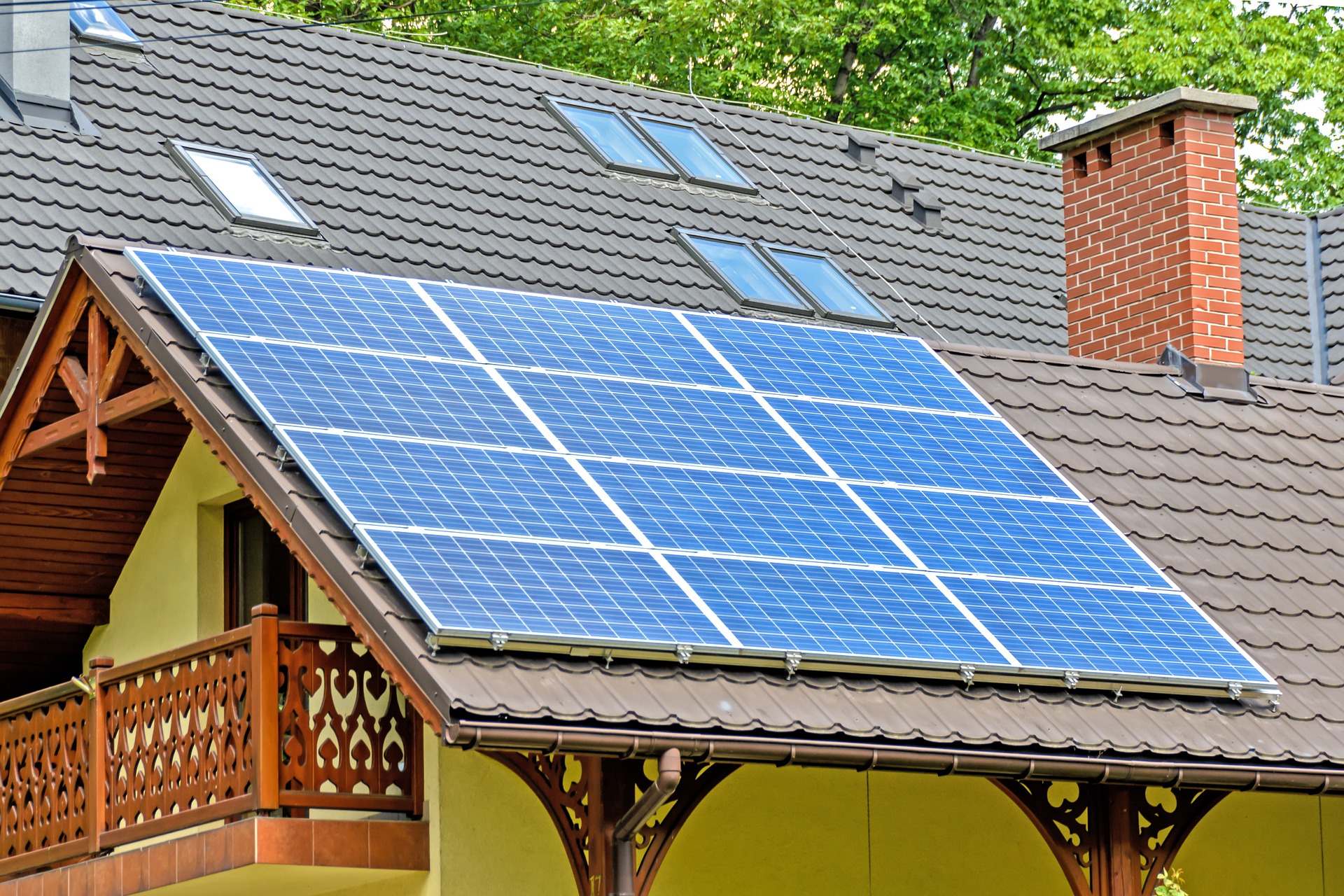cheaper, sustainable and self-reliant option as compared to other energy alternatives. However, because solar panels are an investment because of their cost and preparation of installation and their high yield over time, there are several things homeowners must consider before they begin the process. Broadly, these include accounting for compatibility, cost, and construction:
Compatibility
-
Source of Sunlight
For solar panels to function, they need access to direct and bright sunshine for most of the year. In addition, the angle of the sun that hits the solar energy system determines its productivity. It ranges from region to region. For example, those closer to the equator have more direct and straight falling sun rays, making them a good match to go solar for their home.
-
Individual/Community
If you match the requirements for strong sunlight but just so happen to live in an area that is obstructed by shade, or a home where you don’t have access to the roof, community solar is a great alternative. Instead of the individual cost and consumption of solar energy for one home, community solar involves a joint solar energy system that is communally maintained, and whose energy is equally distributed. This would then involve a solar energy system set up somewhere in the neighbourhood or locality that meets the specified requirements.
-
Roof Strength
Anybody looking to go solar for their home needs to have their roof inspected, and ideally, has a warranty. Due to the size and weight of a solar energy system, the supporting roof needs to be in sturdy shape, an assessment that solar energy companies will help you make.
Cost
-
Determine your Budget
According to your energy requirements, and the available space, your personal contact at the solar energy company of choice should help you find a workable cost according to your
budget.
-
Starting Fee
Using solar power for your home will undoubtedly reduce electricity expenditure, often by up to 90%, depending on individual usage. Due to the differences in the type of solar energy system you might go for, and the solar energy company you may use, the cost differs from person to person, making any estimate futile.
-
Get a Warranty
As with any expensive appliance, getting a warranty is a smart decision, and solar panels offer two types – product and performance warranty. The former covers general wear and tear and maintenance issues, going to around 10 years, while the latter ensures 90% production at 10 years and 80% production at 25 years. For extensions, your professional HomeScape contact will be able to assist you according to your custom needs.
Construction
Once the required roof safety checks are done, the process of installation is taken up by the solar energy company, allowing for a hassle-free experience. It involves the construction of a temporary structure, solar panel mounts to uphold the base of the solar panel modules, and the final wiring check that connects the panels to the general power system. The last installation process is of the solar inverter, the key to changing direct currents to alternating currents, a crucial factor to powering your home.
Now that you know the basics of going solar, you can contemplate whether this decision is the correct fit for you, and your home. If you do decide to cut down electricity costs while protecting the environment,
click here to contact HomeScape to start the road to getting solar energy for your home.]]>



